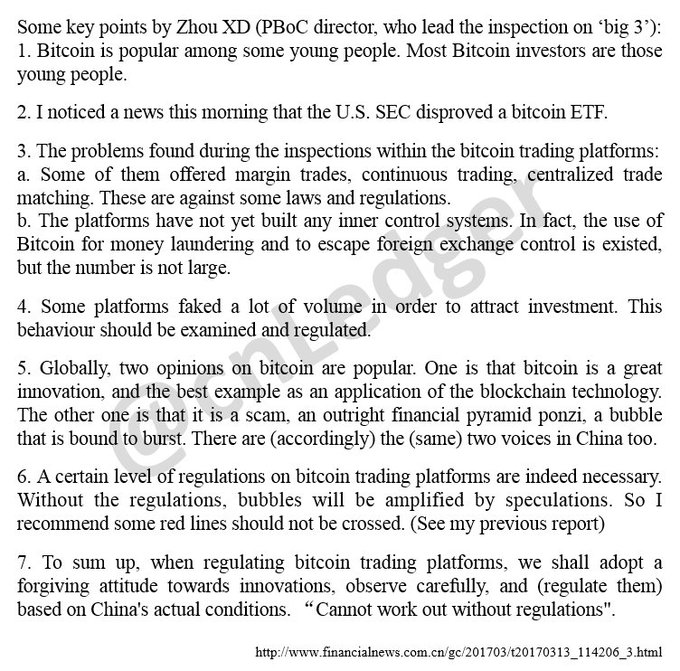The Bats Exchange has objected to the Securities and Exchange Commission’s (SEC) rejection of the first bitcoin exchange-traded fund (ETF), which would have seen the exchange list it to track the price of bitcoin.
On March 10, the SEC rejected the Winklevoss bitcoin ETF because the online exchanges that the digital currency trades on are not regulated and are vulnerable to fraud. Even though the Winklevoss twins are reported as being hopeful that the commission will come around to working with them on bringing an ETF to market, many may have thought the case was closed.
However, according to a letter posted on the SEC’s website, the Bats BZX Exchange, operated by CBOE Holdings Inc., plans on appealing the SEC’s decision to turn down the ETF.
The letter, which was received on 20 March, states:
Bats BZX Exchange, Inc. submits this letter, pursuant to Rule 430(b)(1) of the Securities and Exchange Commission’s Rules of Practice, as written notice of Bats’ intent to petitions for review of the Order Disapproving a Proposed Rule Change, as Modified by Amendments No. 1 and 2, to BZX Rule 14.11(e)(4), Commodity-Based Trust Shares, to List and Trade Shares Issued by the Winklevoss Bitcoin Trust; Exchange Act Release No. 80206, File No. SR-BatsBZX-2016-30.
Cameron and Tyler Winklevoss and their Winklevoss Bitcoin Trust initially applied for approval of the ETF nearly four years ago. For years, the two have been attempting to bring bitcoin to the mainstream and the failure of getting the first ETF approved is a major blow to their cause.
In the run-up to the SEC’s decision, the price of bitcoin soared to $1,350. After the SEC’s rejection, the price crashed below $1,000 before jumping back up to $1,100.
Appeal Holds No Guarantees
Even though Bats will appeal the decision, this doesn’t guarantee that the SEC will change its decision now or anytime in the future.
With bitcoin’s price fluctuating so wildly, knowing how to predict what the currency is going to do is proving difficult while investors tend to send the price down when they panic sell.
This is compared to fiat currency, which tends to change its value slowly over time and, in what is considered, a predictable fashion.
And yet, if the ETF does receive approval at some stage, it would provide more credibility to bitcoin particularly to those on Wall Street, thus helping to take away some of the mystery around the currency.
Featured image from Shutterstock.










